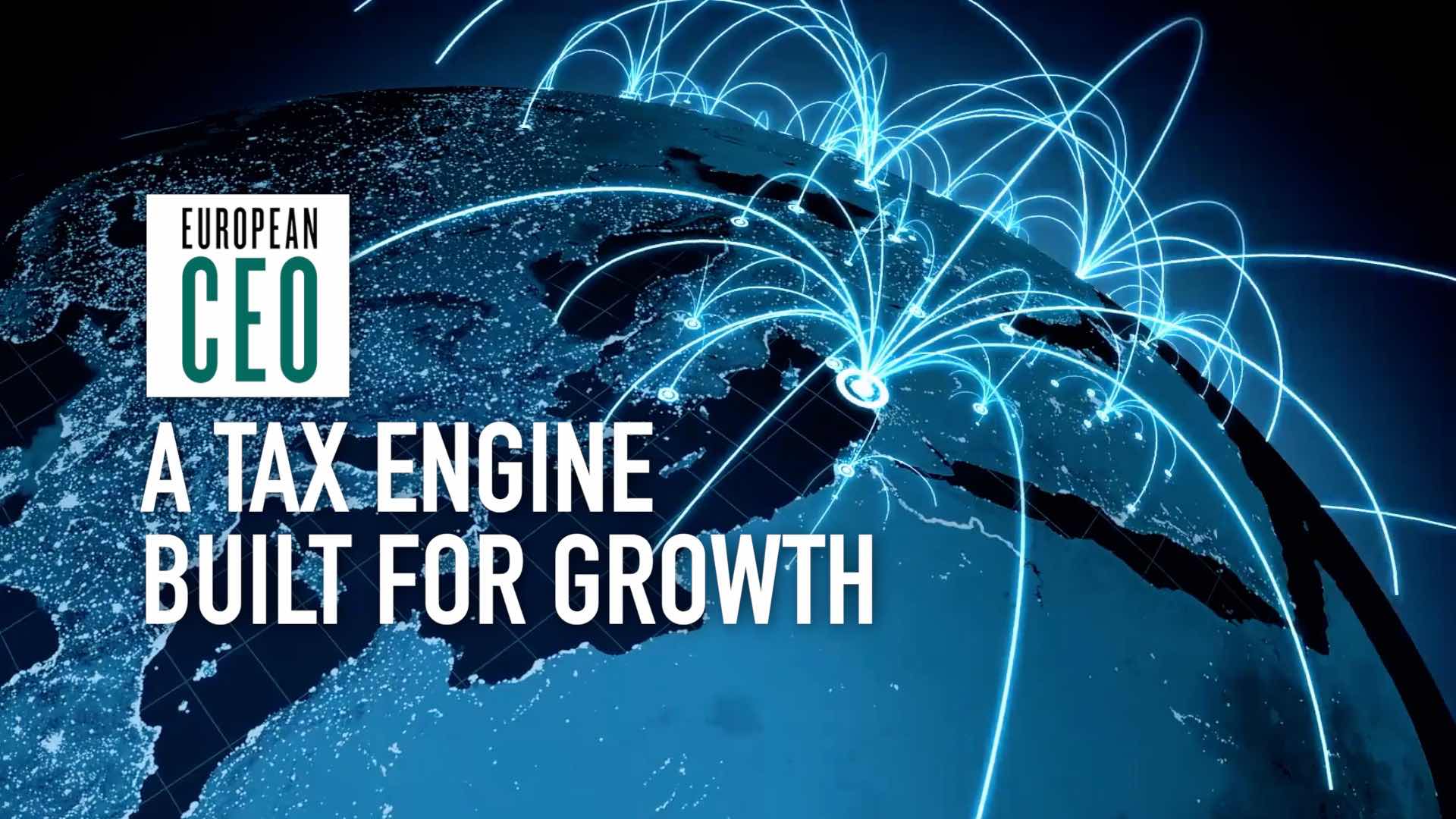Save your technology start-up with supply chain financing
Wells Fargo Capital Finance's Nick Lawrence explains how supply chain financing can help technology manufacturers rise to the top of their competitive industry
Transcript
The technology space is seeing enormous and rapid growth – but every disruptive new start-up is joining a ferociously competitive fight for survival. Working capital is the lifeblood of all industries, and lack of it is a key reason that businesses fail. Nick Lawrence from Wells Fargo Capital Finance explains how the company’s supply chain financing solutions can benefit businesses in the rapidly evolving and highly competitive technology industry. Not all businesses can benefit, he explains, but those who can are able to increase their sales by providing extended payment terms and credit capacity to their clients. And he welcomes the proliferation of non-conventional fintech players in the marketplace, as competition to help Wells Fargo up its game.
European CEO: The technology space is seeing enormous and rapid growth – but every disruptive new start-up is joining a ferociously competitive fight for survival. Working capital is the lifeblood of all industries, and lack of it is a key reason that businesses fail. Joining me is Nick Lawrence from Wells Fargo Capital Finance.
Nick, what challenges do technology manufacturers face when it comes to securing working capital?
Nick Lawrence: Well I think some of the biggest challenges faced by technology companies include requirements to grow in what is really a rapidly evolving and very competitive industry. A requirement to reduce borrowing costs, to improve profitability, and essentially to look to optimise cashflow through working capital and extended payment terms.
Now putting a more practical perspective on it, a channel partner – whether it’s a reseller, whether it’s a distributor – needs the benefit of a credit line. And in order to provide that credit line, the finance provider is taking a credit risk, in the event of non-payment or insolvency.
Therein lies a key challenge.
European CEO: So how significant can the benefits of supply chain financing be?
Nick Lawrence: The biggest benefit is the ability to provide growth capital: to enable those technology manufacturers to increase sales. Now, how do we do this? We inject working capital into the channel through the provision of extended payment terms, for example, and credit capacity, to help provide those channel partners with a competitive advantage.
Manufacturers may also be motivated by the desire to outsource their credit and collections risk, for example, or simply to improve cashflow and DSO financial metrics. They may also be motivated by the desire to promote efficiencies and cost savings.
While supply chain financing is fairly specialised in nature, its importance is growing in cross-border trade as a tool for optimising working capital and cashflow, and ensuring that those international supply chains and domestic supply chains remain stable and liquid.
European CEO: Can all businesses benefit?
Nick Lawrence: Corporate clients clearly have to weigh up conflicting priorities within their business – all promising to provide returns on investment, varying returns on investment. [Unclear] opportunity really needs to be sufficient scale to justify the setup cost, for example. And we need to ensure that all internal stakeholders are fully aligned.
And then ultimately, the bank will have areas where it’s prepared to take risk. But it’ll look for smart ways and use tools to broaden its risk appetite to really deliver something which is compelling for our clients.
European CEO: So how does Wells Fargo approach clients and trading partners? What’s the roadmap for a successful programme?
Nick Lawrence: We start with a dialogue. We need to identify a business need for our products and solutions. We endeavour to provide reliable advice and guidance to get the commitment of our client, and then to embark on what we hope will be a long and sustainable partnership together.
On a more practical level, in order to maximise a programme’s success, we need to have a formal implementation plan. We need to have a programme in place with key strategic objectives. We need to measure our performance. We need to set goals for growth, and geographic expansion, for example. And we need to adhere to timelines and milestones that we agree together.
We need to be strategically aligned, we need to be adaptable, and we need to be flexible in our day-to-day engagement.
European CEO: So once it’s rolled out, how does it operate? Tell me about the platform.
Nick Lawrence: So put simply, the platform connects all three parties in the programme to enable the electronic transfer of data, such as invoice files.
Our customers value our proprietary technology platform for two reasons. One is flexibility – it can accept most invoice files. It’s adaptable to most IT platforms. And we can integrate with other bank or third party processing and payment systems.
And secondly it’s scalable. So we can use one platform to deliver our product both domestically and internationally.
The platform drives efficiencies, providing a light-touch approach; which is really important when we are transacting many thousands of different transactions, often for multiple customers and currencies in different countries and regions around the world.
European CEO: So how is the proliferation of non-conventional fintech players going to be disrupting this market?
Nick Lawrence: It’s too early to tell how the market will develop. But for me, by introducing competition into the market, that has to be a good thing. Competition encourages us to innovate, develop new products, and maintain our relevancy with our clients.
That in turn ensures that we are easy to work with, and we strive to have a compelling value proposition.
European CEO: So your compelling value proposition then: what are the new developments, what are the new value-adds you’re going to be bringing?
Nick Lawrence: So obviously I can’t divulge anything that’s market confidential. But what I can tell you, which has been very widely publicised and is a really exciting opportunity for us, is the recent acquisition of General Electric’s Commercial Distribution Financing business. GECDF, put simply, is an inventory financing business that funds the flow of product from manufacturers to dealers. It drives cashflow benefits, the product manages risk and is there to help drive sales as well. Very much a complementary acquisition, and something which I think will provide further opportunities for us to enhance our products.
European CEO: Look forward to hearing about it. Nick, thank you very much.
Nick Lawrence: Thank you very much.


 Vertex tax technology: How Siemens sought (and found) a tax calculation engine built for growth
Vertex tax technology: How Siemens sought (and found) a tax calculation engine built for growth Vertex tax technology: Global tax determination at speed and scale
Vertex tax technology: Global tax determination at speed and scale Vertex tax technology: Data intelligence for tax
Vertex tax technology: Data intelligence for tax